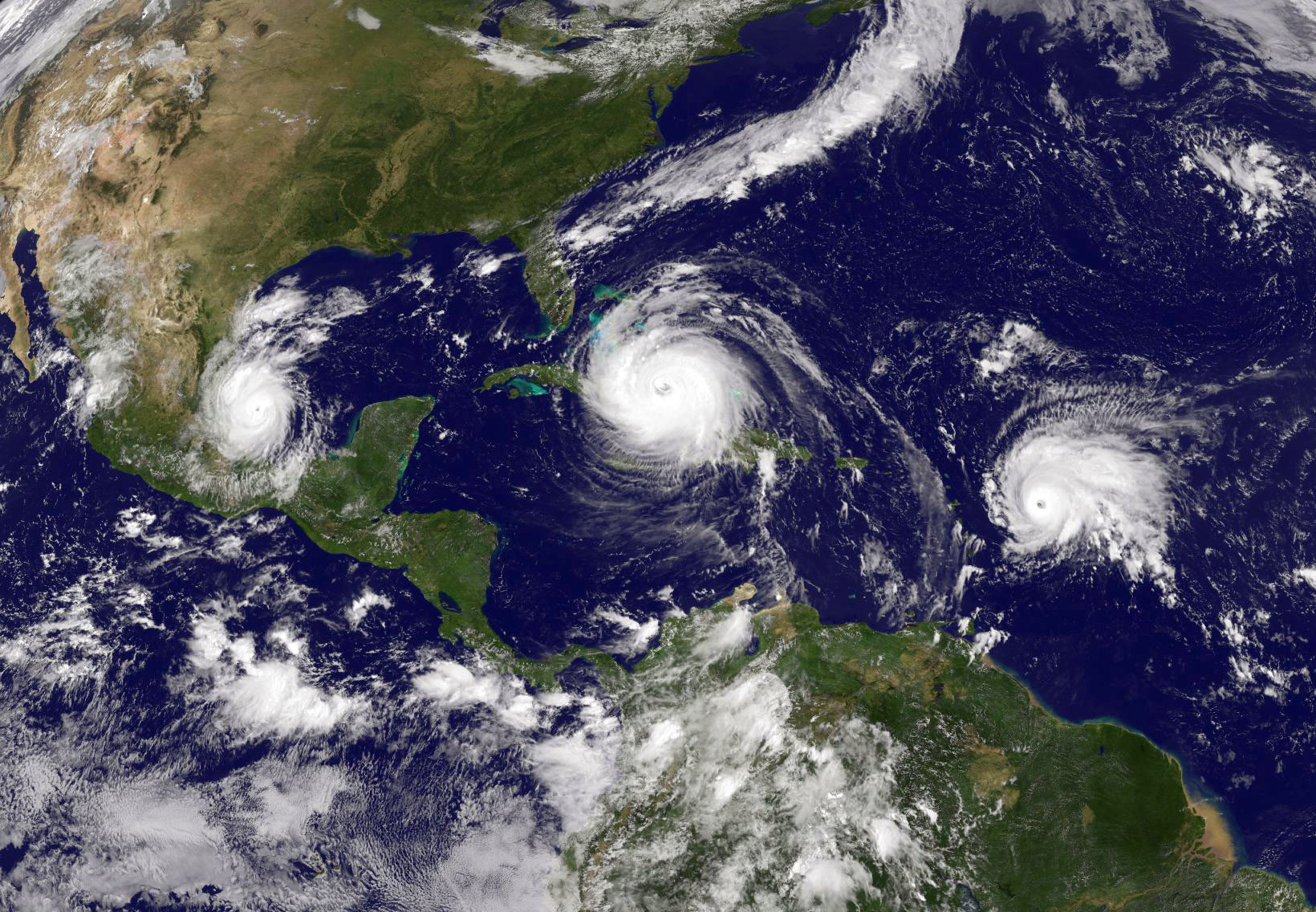THE CLIMATE COMMENT

There’s a lot of environmentally related news spilling out on a daily basis, but when you see Elizabeth Kolbert’s name in the byline, you had better stop and read. In this week’s issue of The New Yorker, Kolbert leads off “The Talk of the Town” with a piece that was published on NewYorker.com this past week. It’s a quick lunch break read — so no excuses.
This piece is framed around the recent report from the UN-backed Intergovernmental Science-Policy Platform on Biodiversity and Ecosystem Services, or IPBES. You might not recognize IPBES, but you’ve probably heard the rumblings in the media this week about their report — you know, the one that says that there are about a million species currently facing extinction.
Kolbert hits us with the kind of terrifying, truly depressing statistics we’ve come to expect from her. To wit, in 2018, “carbon-dioxide emissions from the energy sector rose to a new high of thirty-six billion tons. Also in 2018, nearly thirty million acres of tropical forest were lost—an area the size of Pennsylvania.”
It appears the age of benign intergovernmental scientific reports is dead. Panic now leaks through. At the very start of the IPBES report, the authors write, “Biodiversity – the diversity within species, between species and of ecosystems – is declining faster than at any time in human history.” And this is on the back of the UN’s Intergovernmental Panel on Climate Change’s report, in October, that warned us that our time for keeping the atmosphere from warming above 1.5 C is basically run out.
The ratcheting up of the language on the part of global climate scientists seems to have moved the needle a bit — i.e. the Sunrise Movement — and that’s an incredible feet for a subject that is, for most Americans, traditionally a snooze. I say keep amping up the reports — they are the fuel by which world changers like Greta Thunberg burn.
